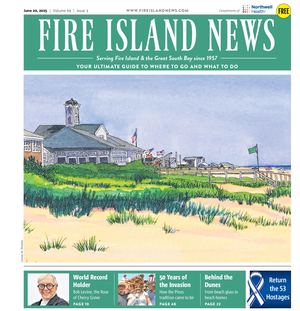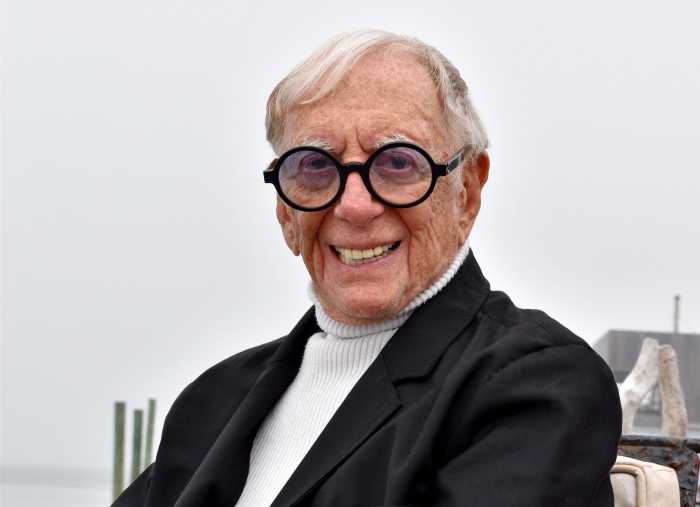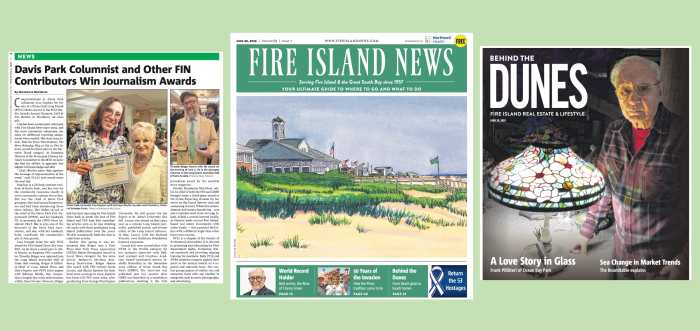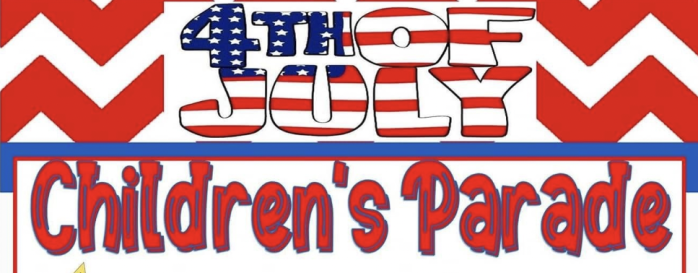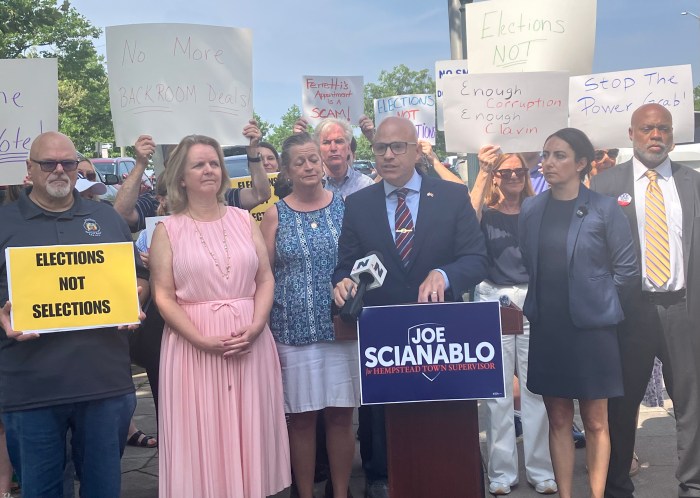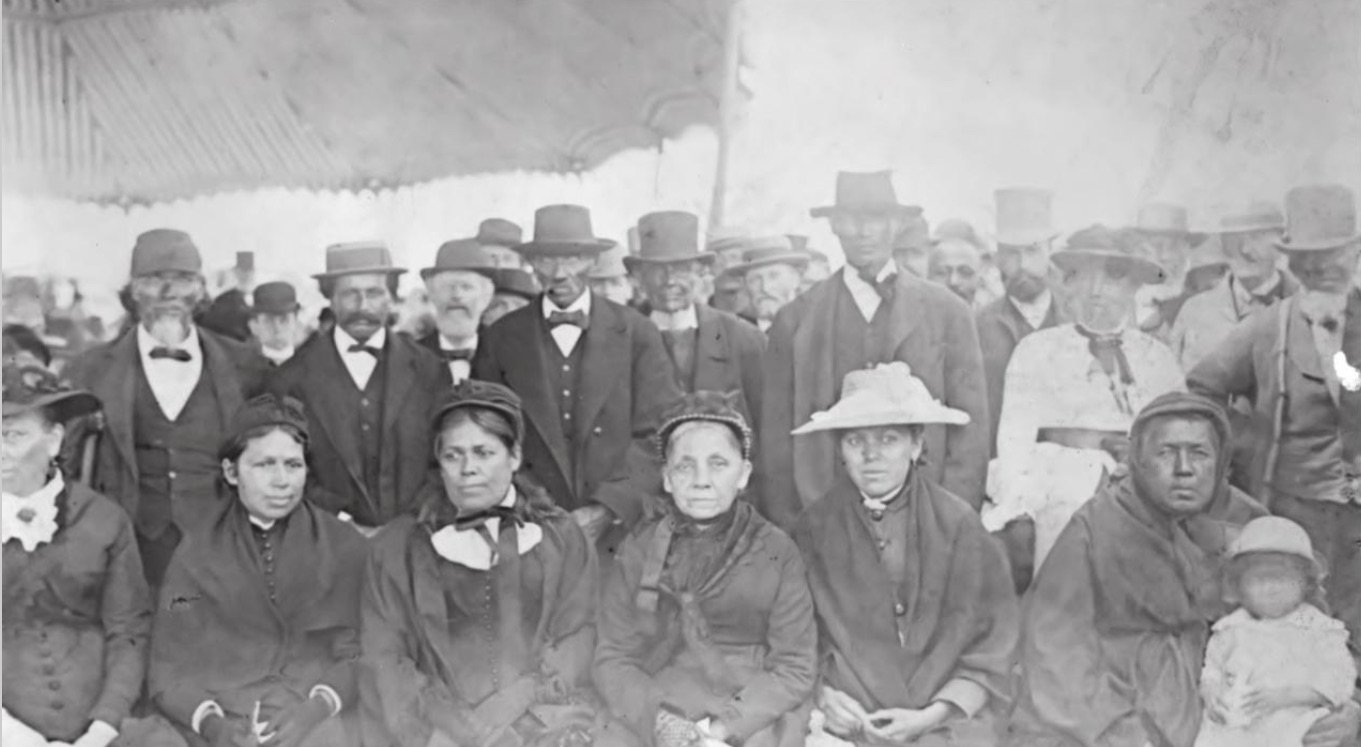
On the recently past Lincoln’s birthday holiday, historian Christopher Verga provided much insight into the legacy of the Civil Rights Movement on the great island we call home, during a virtual lecture entitled “Civil Rights on Long Island,” which was hosted by Bay Shore-Brightwaters Library. Verga is a history professor at Suffolk County Community College and the author of five Long Island history books, including the one published on this subject in 2016. He delivered a strong presentation based on research from the Suffolk County Historical Society, the Wagner Files at Queens Library, and other historical collections.The lecture was an eye-opener. Anyone who believes that slavery never existed on Long Island may be surprised to learn that Queens/Nassau and Suffolk counties comprised what Verga described as “…the largest slave population for most of the colonial era” for the northern states. Eighteen percent of the households in Suffolk County were slave holders, and in Queens/Nassau County a staggering 27 percent.
Racial barriers, reinforced through politics and the enslavement of Africans and Native Americans during this era, created wealth for Long Island’s most affluent families for generations to come. One such barrier being a clause to the New York State Constitution in 1821 stating that only those who owned $100-$250 worth of property could participate in voting.
The Ku Klux Klan’s prominence on Long Island was another disturbing reality brought to light in this presentation – and the role they frequently played in local elections – often disenfranchising Long Island’s Black and Native American communities.
Troubling as these facts are, Verga also spoke about the Long Islanders who were vocal and rejected the Klan’s toxic doctrine.
“For every wrong-doing in history,” Verga said, “there was always somebody speaking out, speaking up and fighting for what is right.”
One interesting person mentioned in this lecture was a man named George Baker, also known as Father Divine, who took residence in Sayville. Verga described him as “an amazing Goliath of a personality.” While a controversial as well as controversial character, Father Divine has earned a place in the civil rights dialogue.
“Bigotry, racism … it’s a cancer,” Verga said when discussing how hate and racism has hurt America. “Racism is a cancer that, if not paid attention to, will further a culture of indifference.”
According to the 2010 Federal Census records , Long Island stands at number 11 on the list of the most segregated communities in the United States, while Birmingham, Alabama, is number 15.
“We’ve come so far, but we can’t get complacent now,” he said.
His closing message was to keep conversation alive because dialogue creates historical awareness, and with awareness comes understanding – to influence change. Banning the discussion of history will not erase it, nor will creating stigma around dialogue.
“Don’t be afraid to have these conversations,” Verga said. “Speaking up for what is right is how progress is made.”
Fire Island News welcomes Christopher Verga as our incoming history columnist for the 2022 season, as well as Nicole Cardone, our newest contributing reporter.
